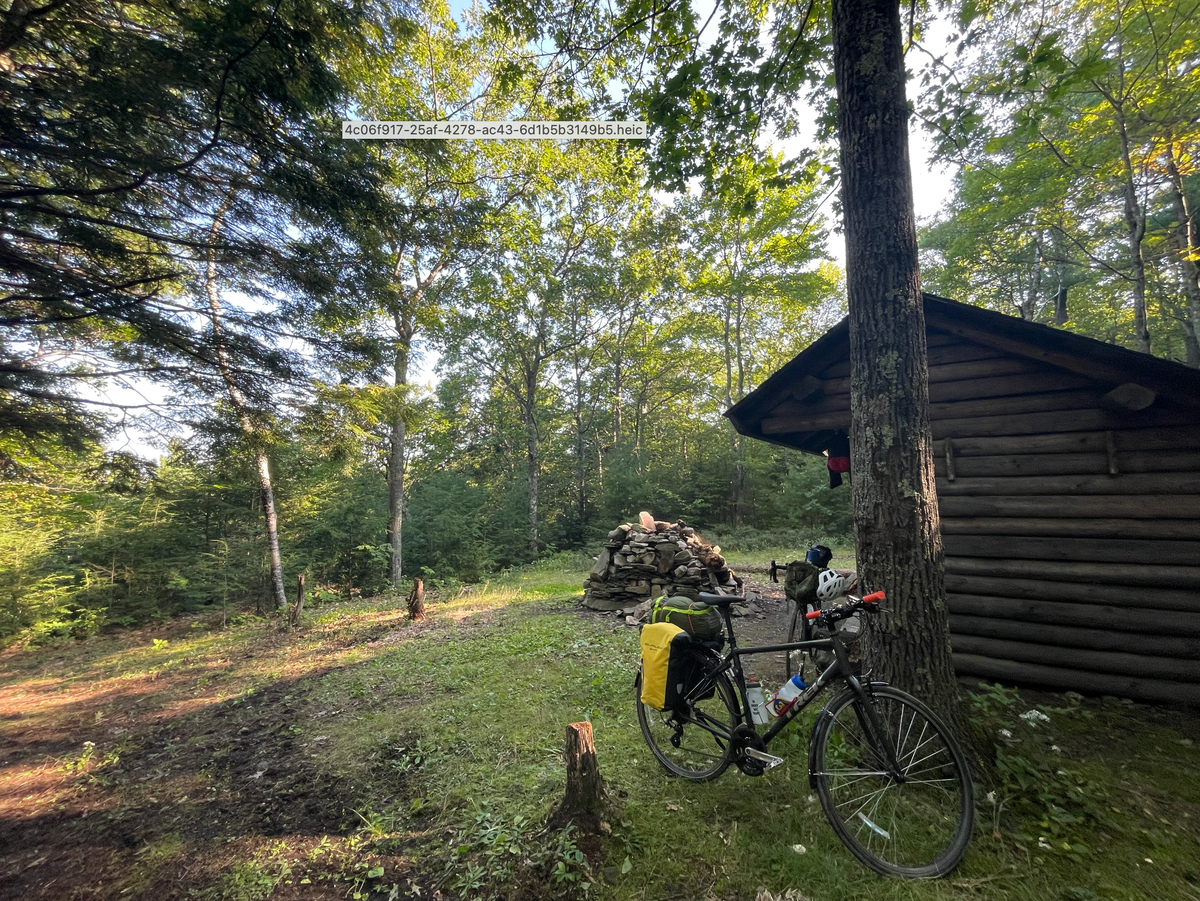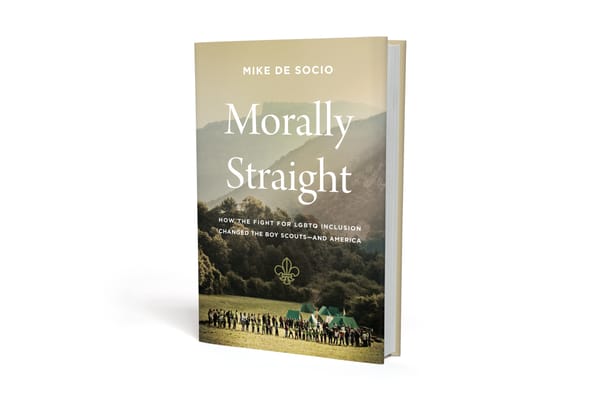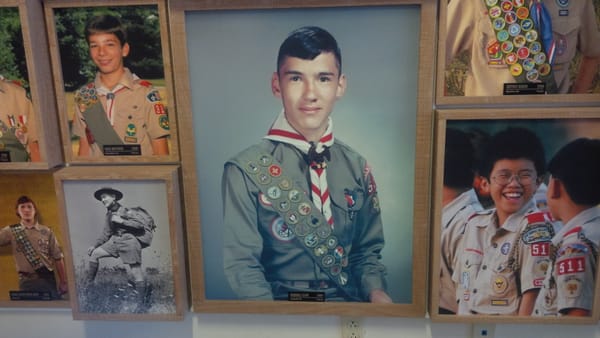Remembering why we do all of this
My weekend camping trip reminded me why it’s so important for Scouting to be inclusive to all.

This past weekend I was, to borrow a phrase from my favorite new magazine, sleeping in the dirt. Or maybe, more accurately, the mud.
After riding my bike more than 50 miles, up 3,800 feet of elevation gain, I arrived on Saturday, after dark, at the entrance to a small state forest. I was hugely relieved that my exhausting day was almost over, but getting to camp would not be so easy: The mere half mile to the lean-to was a steep, rocky and muddy trail that was nowhere near rideable, and made even walking my bike up a real challenge.
Did I mention my bike was weighed down with two pannier bags stuffed with a tent, sleeping bag, clothes and food for the weekend?
A normal person would rightly ask: What the hell was I doing? And I would gamely reply: I was camping! Spending my holiday weekend having some good old-fashioned Type-2 fun!
I did make it up to camp, bike and shoes caked with mud, and promptly threw my tent together. A friend who made it there slightly earlier already had a fire going, and once the stress of the ride began to fade, I realized our campsite was actually quite lovely.
Our group of 10 spread out across the lean-to, digging into snacks and meals, even roasting a marshmallow or two. We fell into that inexplicably comforting camp rhythm, chatting and commiserating about our day, going around the circle with a round of rose-bud-thorn.
By time we all turned in for the night, I felt completely at ease and deeply satisfied by how I’d spent my day: Riding through the beautiful countryside of upstate New York, and flexing the outdoor skills I had learned so many years ago in the Boy Scouts.
Experiences like this were a huge reason why I spent so much of my life in the Scouts: It was fun! I’ve always loved the outdoors, and took to camping and hiking almost immediately. While I don’t go camping as much now as I’d like to, those essential skills feel like a foundation I’m so lucky to have (and that most of my friends don’t).
I write mostly in this newsletter about somewhat abstract topics like diversity, equity and inclusion. I spend a lot of time talking about big-picture issues in Scouting. But I’ll admit it’s sometimes easy for me to forget why we do this thing called Scouting in the first place. We each have our own reasons, but for me it’s always been about the adventures that Scouting brought me on, and the skills I carry with me on my own adventures today.
I’m not suggesting we talk less about inclusion work, or that it’s somehow not as important as outdoor programming. Quite the opposite. My weekend underscored why it’s so important for Scouting to be inclusive to all: So that any kid can learn, camp, laugh, and grow in the ways I did—creating a lifelong connection to the outdoors—without the fear that their identity will put it all in jeopardy.


